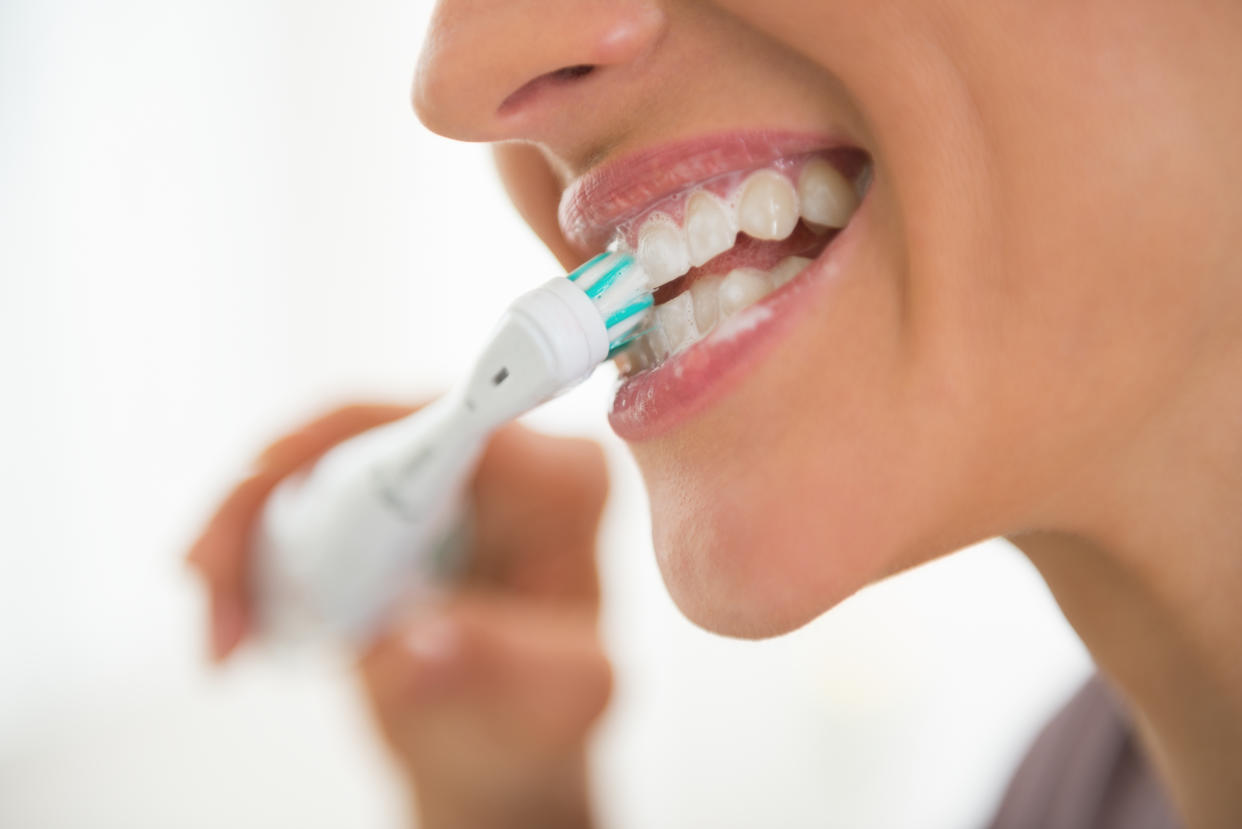Gum disease linked to double the risk of dementia

Poor oral health has long been associated with heart disease, and now scientists have found failing to brush your teeth could also impact the brain.
According to new research, gum disease is associated with double the risk of dementia.
A team from the University of Minnesota in Minneapolis looked at more than 4,500 adults who did not have the memory-robbing disorder.
Eighteen years later, more than one in five (23%) of those with no teeth or severe gum disease (22%) had developed dementia. This is compared to 14% of the participants with good oral health at the start of the study.

“We looked at people's dental health over a 20-year period and found people with the most severe gum disease at the start of our study had about twice the risk for mild cognitive impairment or dementia by the end,” said study author Dr Ryan Demmer.
Read more: 'Game changing' Alzheimer's blood test edges closer
“The good news was people with minimal tooth loss and mild gum disease were no more likely to develop thinking problems or dementia than people with no dental problems.”
Dementia describes a range of conditions that cause progressive loss of brain function, affecting a patient’s memory, thinking or reasoning.
In severe cases, patients may struggle to swallow, become aggressive or develop incontinence.
Read more: Elderly who distinctly smell roses 'have half the risk of dementia'
Dementia affects 850,000 people in the UK, which is expected to rise to 1.6 million by 2040.
In the US, 5.7 million people live with dementia.
To better understand how dental health affects a person’s risk, the scientists started off by looking at more than 8,000 people, with an average age of 63, who did not have dementia.
The participants had a full dental examination that measured bleeding, gum recession and plaque.
They were put into groups based on the severity and extent of their gum disease, and number of lost teeth.
After an average 18-year follow-up, more than 4,500 of the participants were reassessed.
Results, published in the journal Neurology, revealed just under one in five (19%) had developed dementia.
Of those with healthy gums and all their teeth at the start, 14% were diagnosed with the memory-robbing disorder.
For those with mild or severe gum disease, 18% and 22% developed dementia, respectively.
The rate was highest among those with no teeth, including cases where they were replaced by implants, at 23%.
Overall, the group with no teeth were around twice as likely to develop dementia or mild cognitive impairment than those with healthy gums and all their teeth.
Those with intermediate or severe gum disease, but who still had some teeth, had a 20% higher risk.
Read more: Asthma drug shows promise as Alzheimer’s treatment
The results remained true after adjusting for other factors that affect dementia risk, like diabetes, high cholesterol and smoking.
“Good dental hygiene is a proven way to keep healthy teeth and gums throughout your lifetime,” said Dr Demmer.
“Our study does not prove an unhealthy mouth causes dementia and only shows an association.
“Further study is needed to demonstrate the link between microbes in your mouth and dementia, and to understand if treatment for gum disease can prevent dementia.”
The scientists noted the participants underwent their initial dental examinations at an average age of 63, when cognitive decline might have already set in before any tooth loss.


